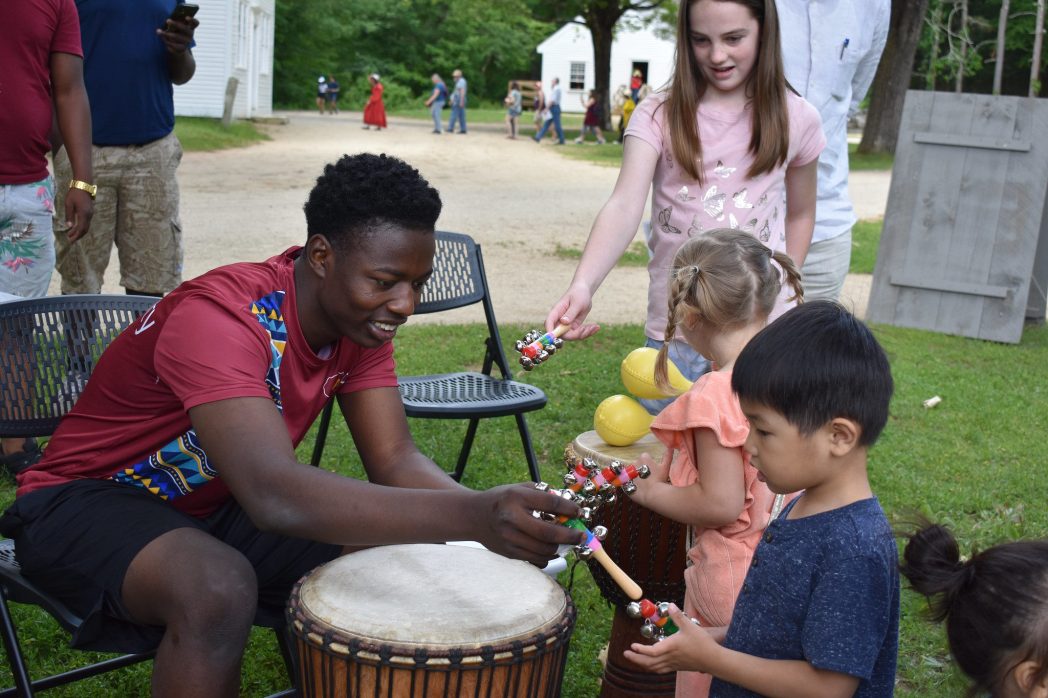


Cost: In commemoration of Juneteenth, admission to the museum is free on Monday, June 19, 2024. Pre-registration is encouraged
Juneteenth is a day commemorating the emancipation of enslaved African Americans in 1865. More specifically, it marks the day in 1865 when troops arrived in Galveston Texas to ensure the freedom of those enslaved at the time, more than two years after the signing of the Emancipation Proclamation.
The road to emancipation was a long one and although slavery wasn’t abolished in the country until decades after the Village’s time period, many seeds of abolition were sown in the first half of the 19th century through lectures, art, articles, books, and other forms of activism. As a part of our Juneteenth program, guests can:
Did You Know? The Road to Freedom in Massachusetts
In 1781, Elizabeth Freeman (also known as Mum Bett) won her freedom from slavery in court. Elizabeth was born into slavery in approximately 1744. At some point, while enslaved in John Ashley’s household in Massachusetts, Elizabeth heard readings of the Declaration of Independence, the Sheffield Declaration, and the Massachusetts constitution, which all spoke of the equality of mankind. She then turned to attorney Theodore Sedgwick for help in fighting for her freedom in court. Sedgwick argued that since the Massachusetts constitution of 1780 stated “all men are born free and equal”, slavery was unconstitutional. The jury agreed with Sedgwick. After gaining her freedom from slavery in August of 1781, Elizabeth worked as a paid servant in Sedgwick’s household. She was eventually able to purchase a plot of land and her own house, where she lived with her daughter and grandchildren.
Several other enslaved persons in Massachusetts, such as Kwaku Walker (sometimes referred to as Quock Walker) also sued for their freedom around the same time. These cases were precursors to the 1783 decision that ended slavery in Massachusetts. By 1788, slavery was abolished in the state, though residents still benefitted economically and materially from the institution of slavery in the south.